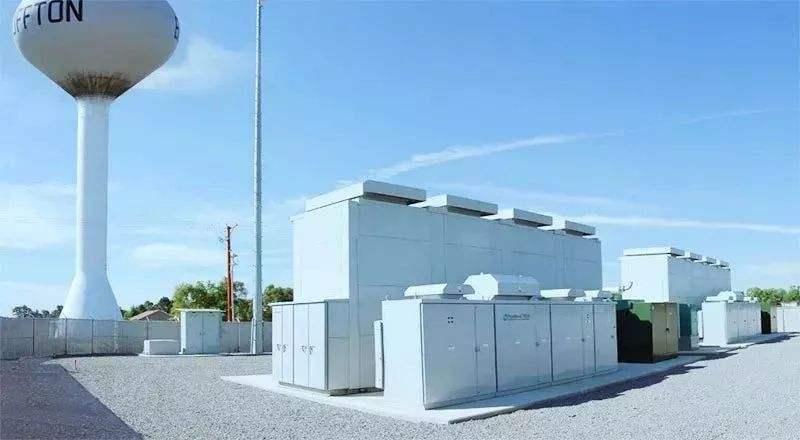The system of lithium-ion batteries is able to store clean power such as wind and solar when electricity demand is low and release it to the network when demand is high, playing an important role in enhancing the country’s renewable energy mix. Following energisation, SMS – which independently owns, manages, and operates the system – will now begin delivering a range of balancing and ancillary services essential for building grid resilience. The ability of batteries to support the grid with required flexibility means that increased deployment of the technology is fundamental for Britain’s transition to a low-carbon energy system.

According to National Grid, up to 13 GW of new energy storage needs to be built by 2030 for the UK to stay on track with meeting net zero commitments. With a current 620 MW total pipeline of storage projects either under construction or being planned, SMS is set to become a leading contributor to this target with at least a 10% market share. In addition to the newly operational Burwell site, a 40 MW system in Barnsley, Yorkshire, UK, is nearing completion and due to come online this year, whilst work also began in late 2021 on two more 50 MW sites in Suffolk and Derbyshire, UK.
John Flaherty, Managing Director of Grid-Scale Energy Storage at SMS, said: “With the energisation of our first storage site, and three more projects due to come online in relatively quick succession, our ambitions for leading the growth of this fast-emerging sector could not be much clearer. Our batteries will play a significant role in improving the integration of renewables and help bolster system resilience as we come to rely on clean energy generation. Such benefits are central to reaching net zero emissions, and our aim as a business is to deploy the low-carbon assets required at scale to achieve that goal as soon as possible.”